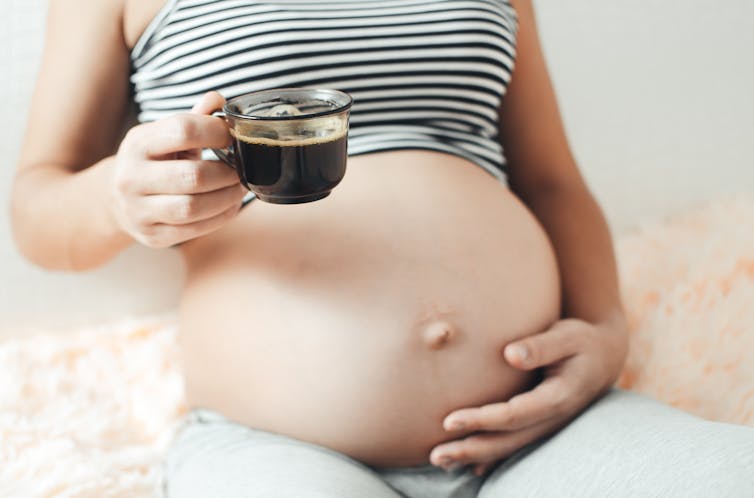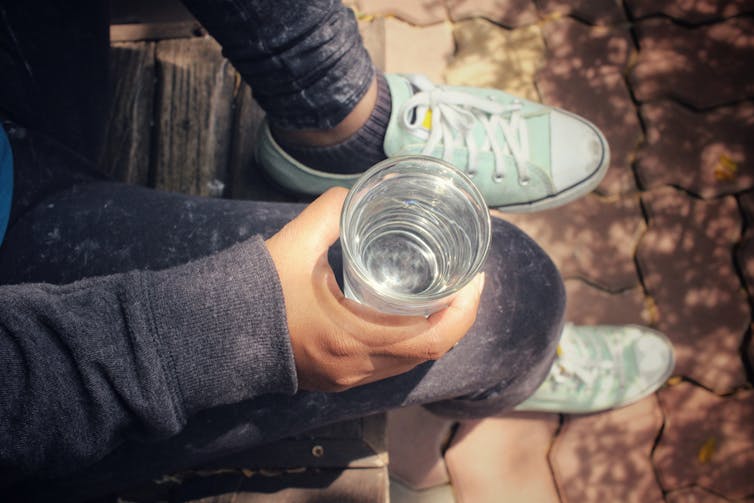District judge bows to pressure of local Muslims, handing down stunning sentence to Christian.
LAHORE, Pakistan, November 13 (CDN) — Attorneys for a Christian mother of five sentenced to death by hanging for allegedly speaking ill of Muhammad, the prophet of Islam, have filed an appeal of the verdict, they said.
Bowing to pressure from Muslim extremists in Pakistan, according to the Christian woman’s husband and rights groups, a district court judge handed down the stunning sentence to Asia Noreen on Monday (Nov. 8). Additional District and Sessions Judge Naveed Ahmed Chaudhary of Nankana Sahib district delivered the verdict under Pakistan’s controversial “blasphemy” statute, the kind of law that a resolution before the United Nations condemning “defamation of religions” would make legitimate internationally.
Noreen is the first woman to be sentenced to death under Pakistan’s widely condemned law against defaming Islam.
Noreen’s lawyer, Chaudhry Tahir Shahzad, said that among other allegations, she was accused of denying that Muhammad was a prophet.
“How can we expect a Christian to affirm a Muslim belief?” Shahzad said. He added that he and lawyer Manzoor Qadir had filed an appeal against the district sessions court’s verdict in the Lahore High Court.
Asia (alternately spelled Aasya) Noreen has been languishing in isolation in jail since June of last year after she argued with fellow field workers in Ittanwali village who were trying to pressure her into renouncing Christianity. Her husband, Ashiq Masih, told Compass that the argument began after the wife of an Ittanwali elder sent her to fetch water in Nankana Sahib district, about 75 kilometers (47 miles) from Lahore in Punjab Province.
The Muslim women told Noreen that it was sacrilegious to drink water collected by a non-Muslim, he said.
“My wife only said, ‘Are we not all humans?’ when the Muslim women rebuked her for her faith,” Masih, a field laborer, told Compass by telephone. “This led to an altercation.”
Centre for Legal Aid Assistance and Settlement (CLAAS) General Secretary Katherine Sapna told Compass that the women told Muslim cleric Muhammad Salim about the incident, and he filed a case with police on the same day, June 14, 2009.
On June 19, 2009, Masih said, the Muslim women suddenly raised a commotion, accusing Noreen of defaming Muhammad.
“Several Muslim men working in the nearby fields reached the spot and forced their way into our house, where they tortured Asia and the children,” said Masih, who confirmed that his wife is 45 years old and that they have five children – four girls and a boy, the oldest daughter 20.
Police arrived and took his wife into custody, presumably for her own protection, he said.
“They saved Asia’s life, but then later a case was registered against her under Sections 295-B and C [blaspheming the Quran and Muhammad, respectively] at the Nankana police station on the complaint of Muhammad Salim, the local imam [prayer leader] of the village,” he said. “Asia has been convicted on false charges. We have never, ever insulted the prophet Muhammad or the Quran.”
Salim reportedly claimed that Noreen confessed to speaking derogatorily of Islam’s prophet and apologized. Under immense pressure from local Muslims, according to Masih, CLAAS and Sohail Johnson of Sharing Life Ministry, local judge Chaudhary ruled out the possibility that Noreen was falsely accused. In spite of repeated efforts by the Muslim women to pressure her into renouncing her faith, the judge also reportedly ruled “there were no mitigating circumstances.”
Chaudhary also fined her 100,000 rupees (US$1,150), according to CLAAS.
Ataul Saman of the National Commission for Justice and Peace (NCJP) said that lower court verdicts in blasphemy cases are usually overturned by higher courts. He said lower court proceedings take place under intense pressure, with local Muslims gathering outside and chanting slogans to pressure judges. Saman added that NCJP research showed that up to 80 percent of blasphemy charges are filed against people to settle personal scores.
Rights groups have long criticized Pakistan’s blasphemy laws as too easily used to settle grudges or oppress religious minorities, such as the more than 4 million Christians that Operation World estimates out of Pakistan’s total population of 184.7 million. To date no one has been executed for blasphemy in Pakistan, as most are freed on appeal after suffering for years under appalling prison conditions. Vigilantes have killed at least 10 people accused of blasphemy, rights groups estimate.
Noreen was convicted under Section 295-C of the defamation statutes for alleged derogatory comments about Muhammad, which is punishable by death, though life imprisonment is also possible. Section 295-B makes willful desecration of the Quran or a use of its extract in a derogatory manner punishable with life imprisonment. Section 295-A of the defamation law prohibits injuring or defiling places of worship and “acts intended to outrage religious feelings of any class of citizens.” It is punishable by life imprisonment, which in Pakistan is 25 years.
Between 1986 and August 2009, at least 974 people have been charged with defiling the Quran or insulting Muhammad, according to the NCJP. Those charged included 479 Muslims, 340 Ahmadis, 119 Christians, 14 Hindus and 10 from other religions.
Johnson of Sharing Life Ministry, which is active in prisons and has been following Noreen’s case from the onset, said he was impressed by her continued faith.
“A week before the verdict, I went to visit Asia in jail,” he said. “I asked her what she was expecting. She told me that Jesus would rescue her from this fake case.”
The verdict was shocking in that no one was expecting a death sentence for a woman, he said. Masih agreed.
“Asia was hoping that the judge would free her and she would come home to be with us, but this conviction has dashed our hopes for now,” Masih said.
He said that since the sentencing, authorities have not allowed him or other members of their family to visit his wife.
“We don’t know yet how she is, but we trust the Lord,” he said. “Asia is suffering for Jesus, and He will not forsake her.”
Report from Compass Direct News


![]()








You must be logged in to post a comment.